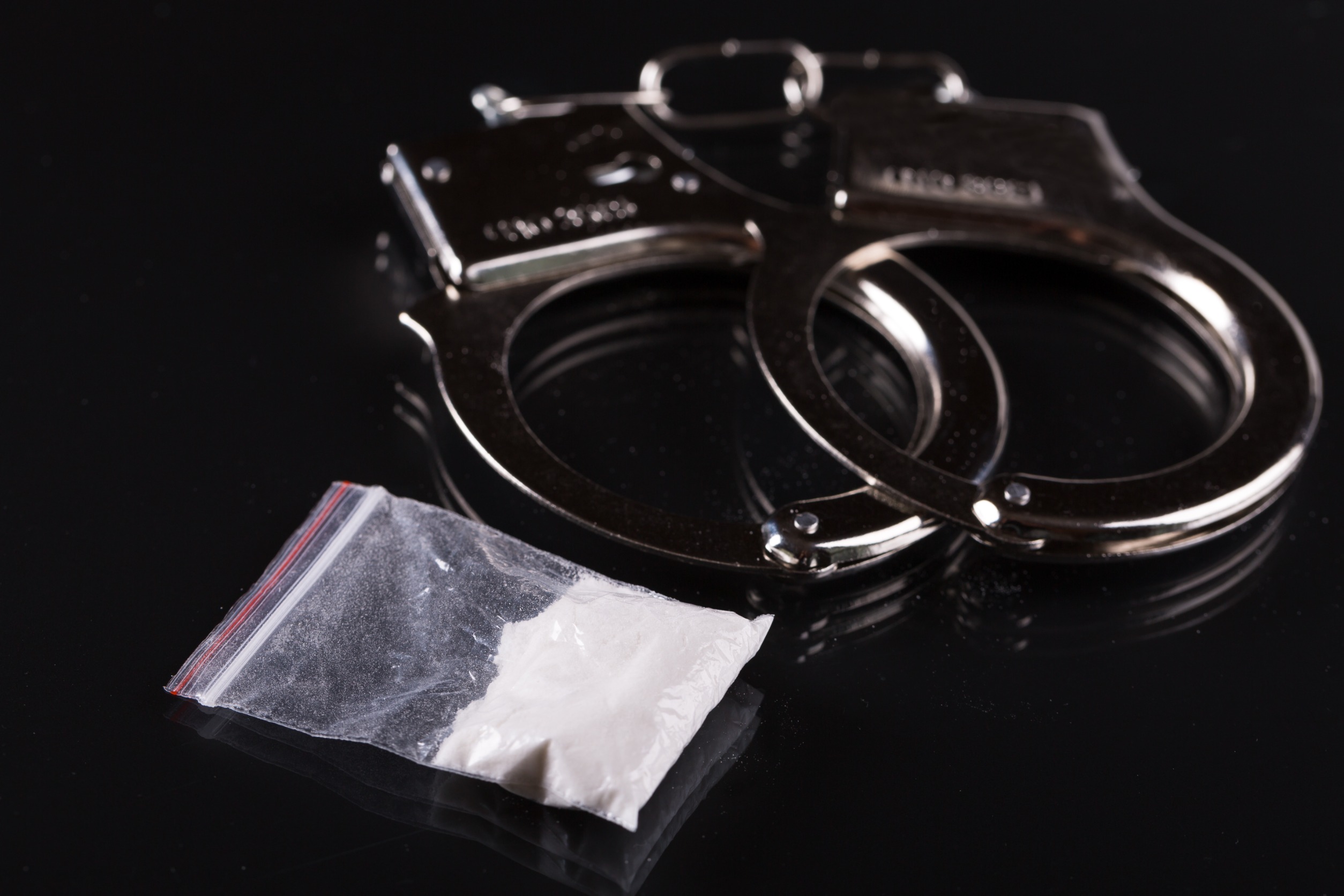1. Possession (Actual or Constructive) Of The Illegal Drug
Drug Trafficking in Oklahoma requires that the defendant must have had actual possession (on their person) or constructive possession (knowingly had control over the substance, even if not physically on them) of the drug.
Example: Drugs found in your vehicle’s glove box may count as constructive possession if you had control over the vehicle and knew the drugs were there.
2. Knowledge of The Illegal Drug
The defendant must have knowingly possessed the controlled substance. The prosecution must show the person was aware of the drug’s presence and nature.
Mistakenly transporting a package you didn’t know contained drugs may be a defense.
3. Type of Controlled Substance
The substance must be a controlled dangerous substance (CDS) classified under Oklahoma’s Uniform Controlled Dangerous Substances Act.
Examples: Marijuana, methamphetamine, cocaine, heroin, fentanyl, LSD, MDMA, etc.
4. Quantity Requirement Must Be Met
The amount of the drug must meet or exceed the statutory threshold for trafficking. These vary by substance. For example:
- Marijuana: 25 lbs
- Methamphetamine: 20 grams
- Cocaine: 28 grams
- Heroin: 10 grams
- Fentanyl: 1 gram
Even without proof of sale or distribution, crossing the weight threshold is enough to trigger a trafficking charge.
Intent to Traffic (Implied by Quantity)
While the law does not require evidence of an actual sale or intent to distribute, trafficking is defined in a way that presumes intent based on quantity. No sale or delivery must be proven—the quantity alone implies trafficking.
6. Jurisdiction (Oklahoma)
The offense must have occurred within the State of Oklahoma or on Tribal lands to be subject to Oklahoma or Tribal jurisdiction (e.g., drugs found during a traffic stop on an Oklahoma highway).
Key Criminal Defense Note:
Because trafficking relies heavily on drug quantity, many defenses center around:
- Challenging the accuracy of the drug weight
- Arguing lack of possession or knowledge
- Attacking the validity of the search or seizure or of the asset forfeiture, which is often a part of trafficking cases.
- Failure to read you your rights before questioning you.
Facing Drug Trafficking in Oklahoma?
Drug trafficking in Oklahoma is a serious felony with long prison sentences—even for first-time offenders. If you’re facing these charges, it’s critical to have an experienced Tulsa criminal defense attorney who can challenge each of these elements. At Tulsa County Lawyers Group, we defend clients across Oklahoma. For a Free and confidential consultation with a Tulsa drug trafficking lawyer, call us at 918.379.4864. If you want a free online consultation, click this link to ask a legal question.

